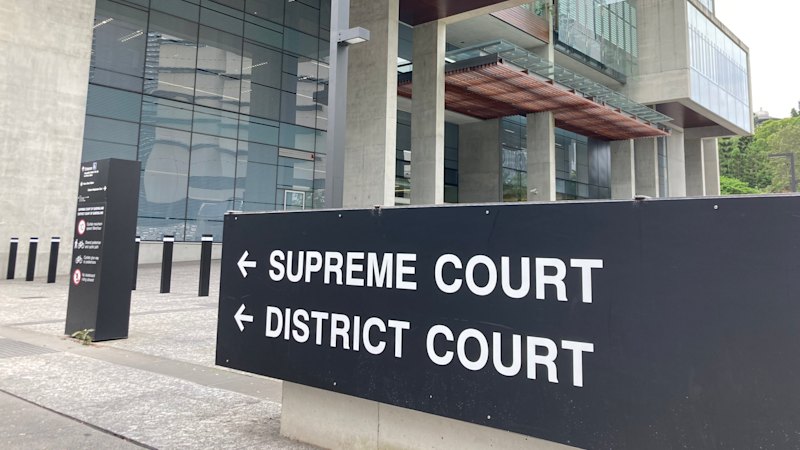
A 12-year-old girl, identified in legal documents as ‘G’, has been granted permission to terminate her pregnancy by the Supreme Court of Queensland. The girl, who has been in state custody and has experienced significant domestic violence throughout her life, sought medical assistance earlier this year after suspecting she was pregnant.
In early July, a medical scan confirmed that she was at five weeks and six days of gestation. Following this diagnosis, she was referred to a hospital in Queensland and requested a termination when she reached seven weeks. This case echoes a similar one from earlier in the year, where another 12-year-old girl was also granted an abortion by the same court.
The hospital took the decision to the Supreme Court after expressing concerns about the girl’s ability to provide informed consent for the surgical procedure. Under the Gillick standard, minors may make healthcare decisions if they fully understand the implications of their choices. In Queensland, abortion was decriminalized in 2018, allowing for greater access to reproductive health services.
The girl has been in residential care since October 2024 and is under an interim child protection order. According to court documents, she sought advice from medical professionals after educating herself online about termination methods. Notably, the father of the unborn child, a 16-year-old, is unaware of the pregnancy and is no longer in contact with her following a recent falling-out.
Justice Melanie Hindman, in her ruling, highlighted the girl’s troubled background. “She, sadly, has a child protection history record going back to 2012, which is the year of her birth,” Hindman stated, indicating the extent of domestic violence the girl has faced. Her father is currently subject to a domestic violence order, while her mother struggles with mental health and substance abuse issues. Hindman noted the lack of progress made by both parents to ensure the girl’s safe return home.
Initial reactions from the girl’s mother were negative, with reports indicating she expressed feelings of shame towards her daughter’s situation, further complicating the girl’s emotional and psychological well-being. The court’s decision underscores the complexities surrounding minors seeking reproductive health services, particularly in cases of abuse and neglect.
This ruling not only sets a precedent for similar cases within Queensland but also emphasizes the importance of understanding and supporting vulnerable minors in making critical health decisions.






